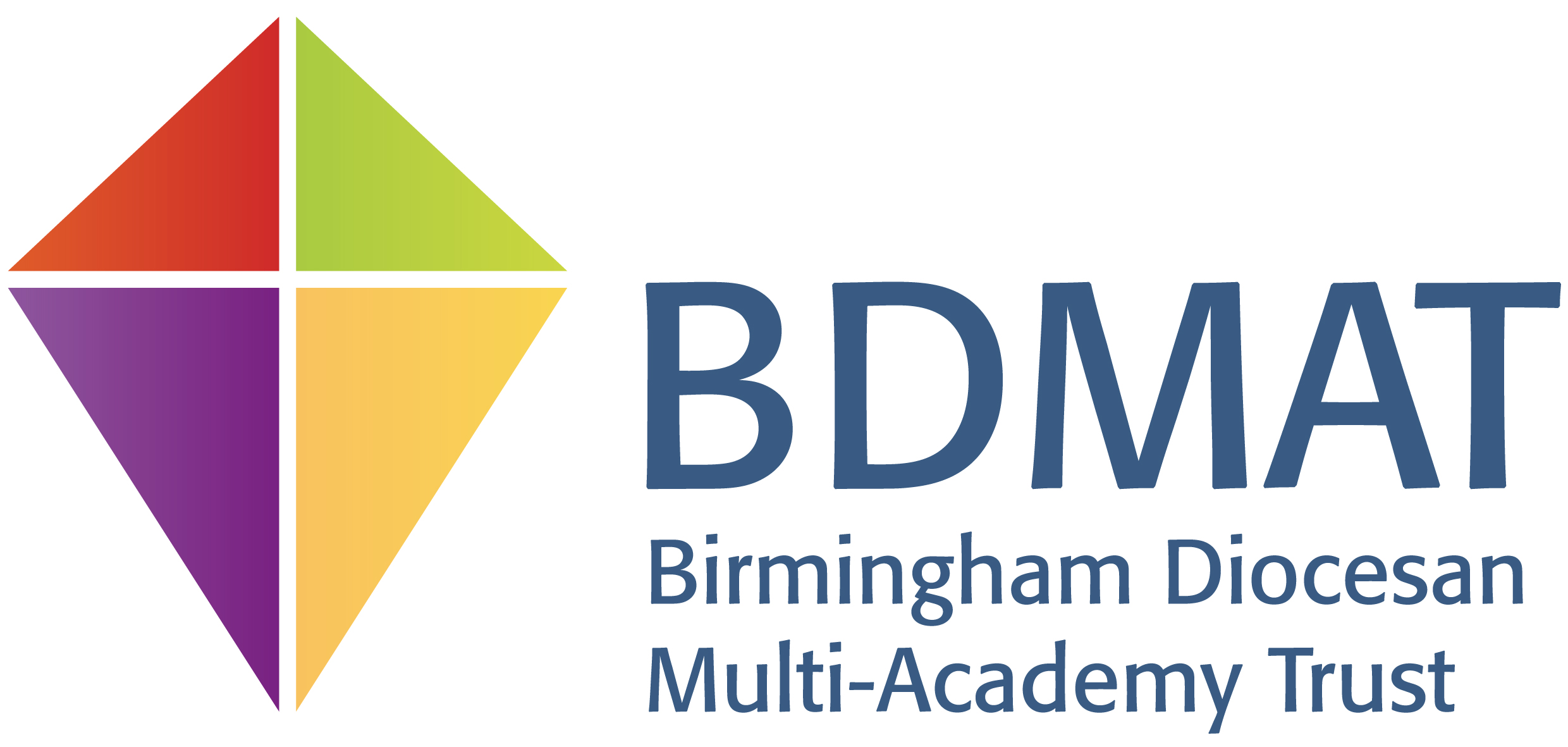Geography
Geography Intent
At Holy Trinity CE school, we believe Geography is an important part of the curriculum. We believe that Geography is a subject in which all pupils can become engaged and develop key skills. Where possible, cross-curricular links are made to ensure pupils experience the subject in context. This involves their roles in society and the lives of the community around them and the wider world, further developing their ideas of global citizenship.
Geography helps children to gain a greater understanding of the ways of life and the different cultures locally and around the world. This supports children to take responsibility for their role in society and to develop a caring attitude towards others, animals and plants in our environment.
Geography is concerned with the study of places, the human and physical processes, which shape them and the people who live in them. Children study their local area and contrasting places in the United Kingdom and other parts of the world. The study of the local area forms an important part of the Geography taught at our school and activities are planned to build upon the children's knowledge and understanding of the local area.
Aims
The national curriculum for geography aims to ensure that all pupils:
- develop contextual knowledge of the location of globally significant places – both terrestrial and marine – including their defining physical and human characteristics and how these provide a geographical context for understanding the actions of processes
- understand the processes that give rise to key physical and human geographical features of the world, how these are interdependent and how they bring about spatial variation and change over time
- are competent in the geographical skills needed to:
- collect, analyse and communicate with a range of data gathered through experiences of fieldwork that deepen their understanding of geographical processes
- interpret a range of sources of geographical information, including maps, diagrams, globes, aerial photographs and Geographical Information Systems (GIS)
- communicate geographical information in a variety of ways, including through maps, numerical and quantitative skills and writing at length.
Teaching and Learning
At Holy Trinity, the Geography Curriculum is delivered through Ark Curriculum Plus. Ark has been carefully structed to ensure skills progression and provides support to enable teachers to deliver lessons effectively. Ark Curriculum Plus is delivered from Year 1 to Year 6. Each year group has five units. For every half term, the unit will either be a History or Geography focus.
Geography teaching focuses on enabling children to think as Geographers. We place an emphasis on enquiry through examining photographs and information, amongst other primary and secondary sources provided in the workbooks. We use a variety of teaching and learning styles in our Geography lessons. At Holy Trinity, we believe in whole-class teaching methods and we combine these with enquiry-based research activities. We encourage children to ask as well as answer geographical questions. We offer them the opportunity to use a variety of data, such as maps, statistics, graphs, pictures, and aerial photographs, and we enable them to use IT in geography lessons where this serves to enhance their learning. Wherever possible, we involve the children in ‘real’ geographical activities, e.g. research of a local environmental problem or use of the Internet to investigate a current issue.
Pupils will learn the location of places and regions across the globe and the key features and characteristics of these places. Through an understanding of aspects of both human and physical geography, pupils will discover how places across the globe are both similar and different and how they are changing. They will identify patterns in human and physical geography and understand the links between places, people and environments. Pupils will learn that human and physical geography are intertwined through a concept known as environmental geography. Human, physical and environmental geography will be studied at all scales, from localised regions to the wider world. As pupils develop their geographical knowledge and understanding, they will also develop their geographical skills: using maps, atlases and globes as well as using directional language, a compass and understanding grid references and keys.
Curriculum Documentation
Geography Progression Document



